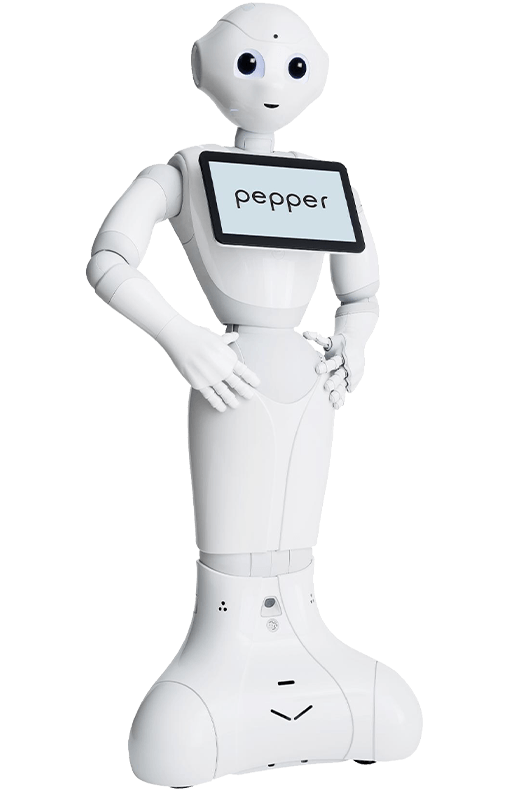





Many individuals with memory impairments experience feelings of isolation and loneliness due to limited social interaction. Memory care robots address this by providing companionship and engaging users in conversation and activities, helping to reduce feelings of loneliness and improve overall well-being.
Cognitive decline is a common challenge for individuals with memory impairments, leading to difficulties in memory retention and cognitive function. Memory care robots offer cognitive stimulation through interactive games, memory exercises, and storytelling, helping to keep the brain engaged and potentially slowing down cognitive decline over time.
Memory care robots work through sensor-based interaction, utilizing artificial intelligence algorithms to understand user needs and preferences. They are programmed with interactive features and activities designed to engage users in conversation, games, and therapeutic exercises. These robots continuously learn from their interactions, allowing them to adapt to the individual needs of each user, providing personalized care that evolves over time.
Beyond cognitive stimulation, memory care robots also monitor vital signs, track daily routines, and send alerts to caregivers if any irregularities are detected. By creating a supportive and interactive environment, these robots help maintain cognitive functions, promote social interaction, and enhance the overall well-being of individuals in memory care.




Memory care robots can collect and analyze data on user interactions and behaviors, providing valuable insights into individual preferences and care needs. This data-driven approach enables facilities to tailor care plans more effectively, optimize resource allocation, and improve overall operational efficiency, leading to better outcomes for residents and caregivers alike.

Implementing memory care robots has been shown to significantly enhance patient engagement and cognitive function. Research published in Journal of Alzheimer's Disease highlights that interactive robots can improve memory recall and overall cognitive performance by providing tailored activities and conversations. Additionally, a study in Geriatrics & Gerontology International found that these robots increase social interaction and reduce feelings of loneliness among patients, creating a more stimulating environment. Furthermore, Frontiers in Robotics and AI indicates that the consistent, personalized stimulation provided by memory care robots contributes to better therapeutic outcomes, maintaining cognitive abilities and improving overall quality of life. This evidence underscores the potential of memory care robots to positively impact patient engagement and well-being in memory care settings.



Local Service, tailored to YOUR needs!
With RobotLAB, you get more than just robots - you gain a dedicated, LOCAL robotics partner.
We offer comprehensive services including on-site deployment and training, account management, content creation, system integration, and preventive maintenance. Our expert team provides detailed Standard Operating Procedures and cheat sheets to support your staff. With locations nationwide and globally, our sales, service, and repair centers are always nearby.

Affordable Monthly Payments on Robots
Opt for financing to spread out payments, maintain cash flow, and ensure your financial flexibility remains strong.
Our comprehensive financing options simplify the process of bringing a robot to your organization, ensuring affordability and ease. Collaborating with trusted finance partners, we shop for the most competitive rates tailored to your credit profile and unique needs. This ensures you can benefit from manageable monthly payments, bringing advanced robotics technology within your reach without financial strain.




.webp?width=124&height=124&name=image%20(1).webp)
.webp?width=169&height=87&name=image%20(2).webp)










.webp?width=124&height=124&name=image%20(1).webp)
.webp?width=169&height=87&name=image%20(2).webp)




Browse RobotLAB Locations nearby. RobotLAB is expanding nationally and internationally. If you are interested in joining our ever-expanding network of locations, and bring robotics and AI to your local community, please visit our RobotLAB Franchise page.





















